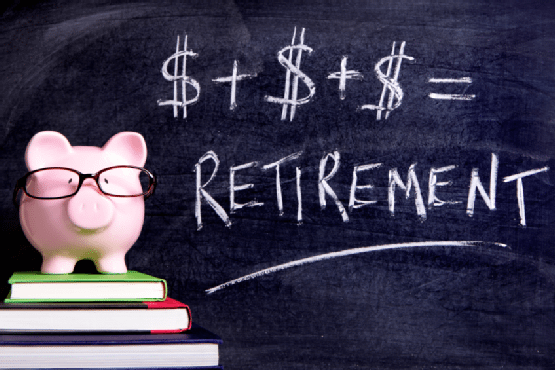The number and variety of options available for retirement savings plans can be confusing. However, it is possible to simplify the range of options to pick from by determining what you want out of your retirement.
What you Want Out of Your Retirement
 The first step is to determine what you want out of your retirement. If you intend to retire into a little beach bungalow in a underdeveloped country, you probably do not need to pursue savings as aggressively as if you plan to live in the heart of Manhattan and travel extensively.
The first step is to determine what you want out of your retirement. If you intend to retire into a little beach bungalow in a underdeveloped country, you probably do not need to pursue savings as aggressively as if you plan to live in the heart of Manhattan and travel extensively.
The next step is to figure out how much risk you can afford to take. The more extensive the savings you have, the more risk you can afford to take; you might still be able to live well, even if you lose 30% on a single investment during a particular quarter. Similarly, the more time you have before retirement, the more risk you can afford to take; even if you lose a significant chunk of your investment over the short term, you still have many years in which you can recoup your losses or receive a salary from which you can save more money.
Professional Management Gives Your Retirement Assets
The step after that is to decide whether you need a professional to manage your retirement assets, or whether you can do it yourself. If you are extremely risk-averse, whether through natural temperament or because you are rapidly approaching retirement with few assets, you may be able to simply invest in a mix of mutual funds and bonds. Similarly, your employer may provide a 401k or you may be able to invest in an IRA. However, if you are willing to take the tradeoff for a greater reward, if you have a large quantity of assets, it may be worth discussing whether you need a wealth management adviser.
It is important to account for inflation and its effects. While your bonds might earn you 1% a year, if inflation occurs at 2% a year, that means you will effectively lose 1% of purchasing power a year, which can add up to quite an extent if you live for 20 years after retirement. Thus, it is important to find an investment vehicle that can be expected to give you returns above the rate of inflation.
It is important to estimate the rate of return on your investments properly. While historic performance is often a popular estimate, situations can change dramatically, resulting in a dramatic reduction in your assets. Don’t forget to take into account the effects of inflation in the items you will be purchasing (for example, you will probably not need to account for housing price inflation, but you will probably need to account for food cost and energy costs.)
As you can see, there are many factors which play a major role in determining how you should invest your money for retirement. Determining what you want to do and how much money you will need for this is the first step you should take, but not the only step.
